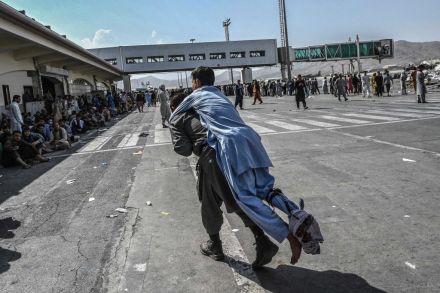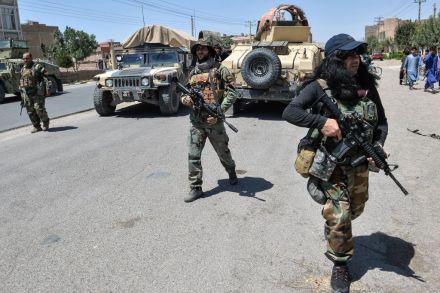Why didn’t the UK rescue Afghan interpreters sooner?
We lost. Whatever hope we had that we could help Afghanistan crawl out of its misery has been shattered. The dreams of the 14 million women in Afghanistan or the tens of thousands of Kabul university graduates, who had grown-up after the expulsion of the Taliban, are now in ruins. Afghanistan has been broken again, by the Afghans’ inability to bury their personal or ethnic differences; by the perfidy of the Pakistanis, who have harboured and nurtured the Taliban; and by the actions of a foolish old man who happens to be US President. Caught in this web of misery are those who supported the Allied forces and those who




















